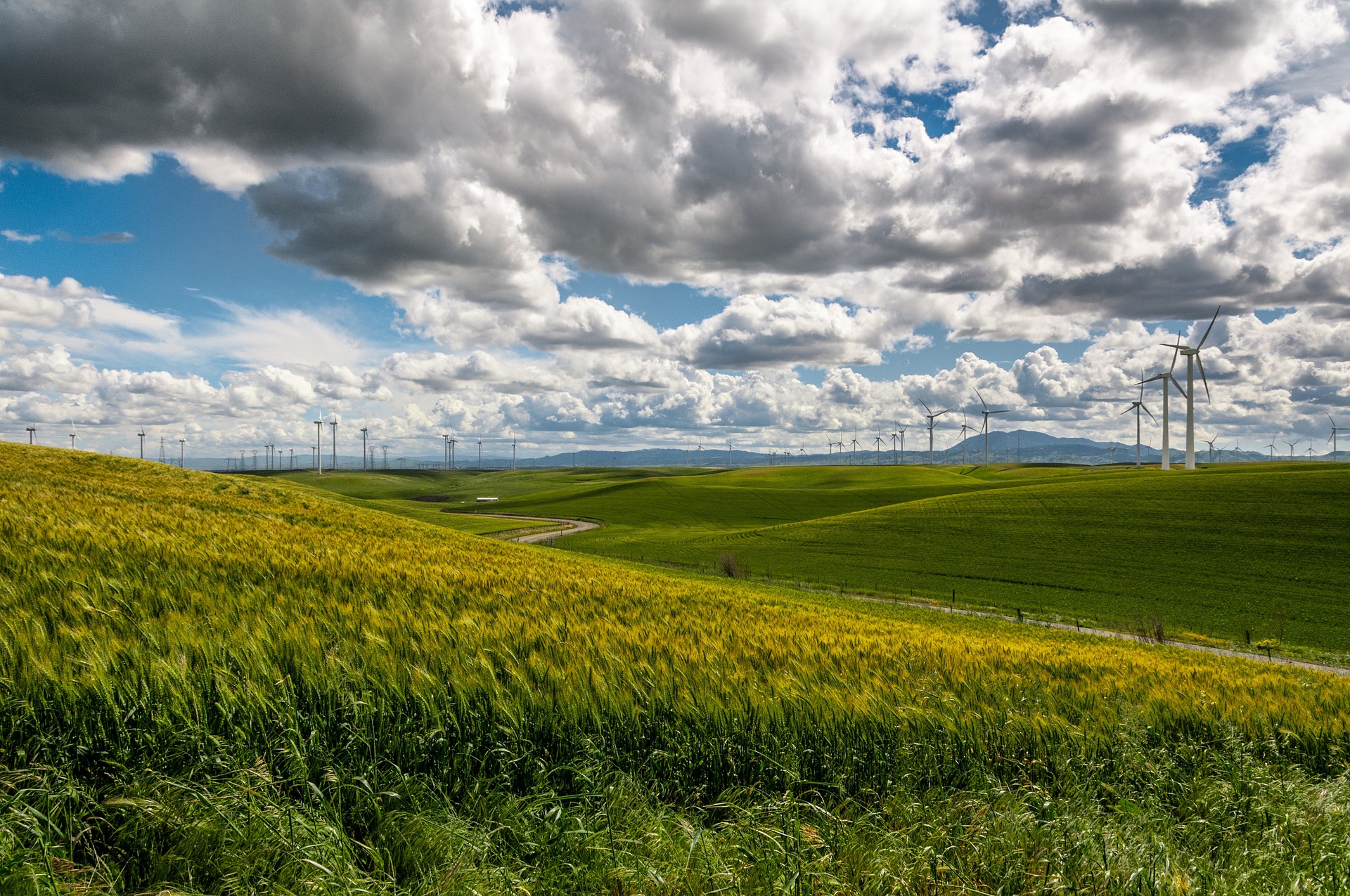
Sustainability is of growing importance in the world of commerce. Both customers and retailers are beginning to recognise the significance of ensuring that packaging both helps and avoids damaging the environment.
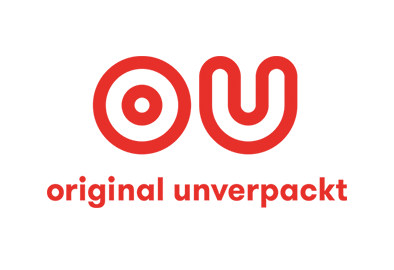
Original Unverpackt, blazing a trail with packaging less food sales.
In early 2016 a store in Germany, aptly named Original Unpacked, began selling foods with zero branding or packaging, with each product being naturally sourced and produced. Frustrated with the negative impact that excessive waste was having on the environment, owners Sara Wolf and Milena Glimbovski took it upon themselves to radically alter the traditional food shop.
Using a bulk bin system, grains, fruits and vegetable are available to buy minus the usual baggage. While this may be viewed as drastic by some, the local community has taken to the idea, with the store thriving in spite of its quirky take on the shopping experience.
Too drastic for the mainstream?
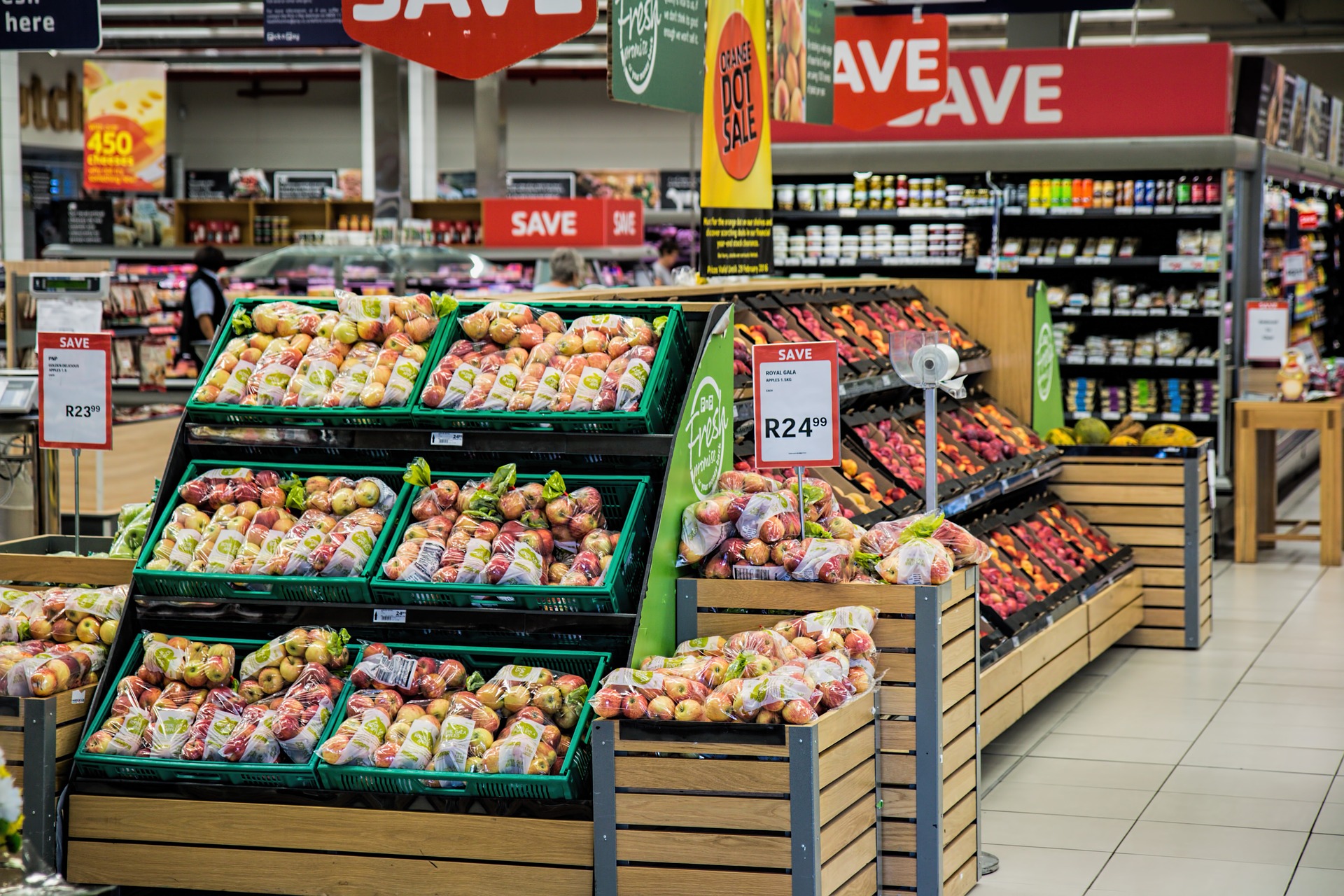
Supermarket produce,packaged on shelves.
Many may view this ‘no frills’ approach to packaging as simply too drastic to uphold, regardless of its good intentions.
While many retailers still aim to promote sustainability by using environmentally friendly packaging, with such a competitive market, investing in recyclable or biodegradable materials can quickly become an afterthought.
Thankfully, as Governments and charities alike promote the importance of sustainable packaging, customer demand has greatly increased, allowing for production of biodegradable materials to increase, and further integrate into mainstream markets.
What can you do?
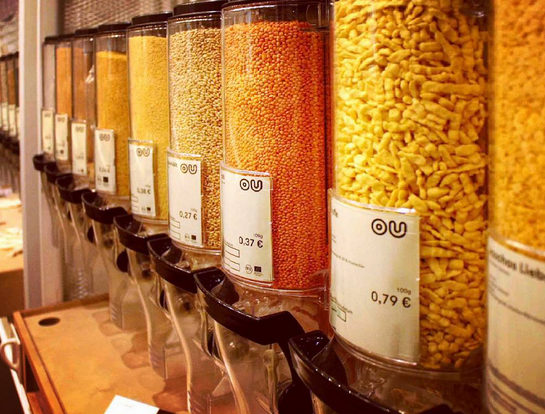
Credit @jillchou0921
Thankfully, there are alternatives to such a drastic take on sustainability. There are some small changes that your business can make, alongside slightly more elaborate changes to your outlook on packaging materials.
Below are some suggestions as to how you can improve your environmental footprint, without sacrificing your business’ brand.
In store options
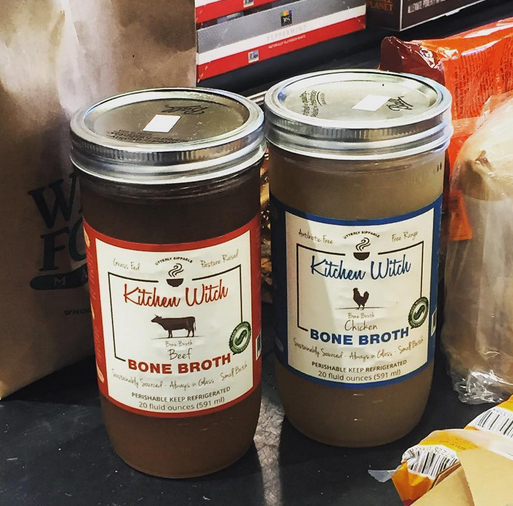
American Whole Foods sell glass packaged products to increase sustainability
American brand ‘Whole Foods’ began the trend of allowing customers to purchase their granola, fruit, nuts and many other products through the use of bulk bins.
Not only does this drastically reduce the amount of packaging used by both the store, and the customer, but it also allows the buyer to have more control over exactly how much they would like to buy, which in turn cuts down on food waste.
Many retailers have also begun using glass containers as a way of reducing the amount of unnecessary packaging on their products. While the materials are completely recyclable, they also need less excess packaging such as cardboard sleeves over plastic containers in order to provide space for branding and nutritional information.
Customers have also taken to the use of glass, as they can often be re-used for other produce, or for ornamental purposes.
From the factory
While stores are often held responsible for failing to provide customers with the option to buy more sustainably packaged goods, the factories are where the real problem often begins.
In an effort to minimise expenditure, factories will avoid often expensive, yet environmentally friendly materials. Fortunately, as bigger brands now demand that firms improve their sustainability standards, more are following the trend of waste management.
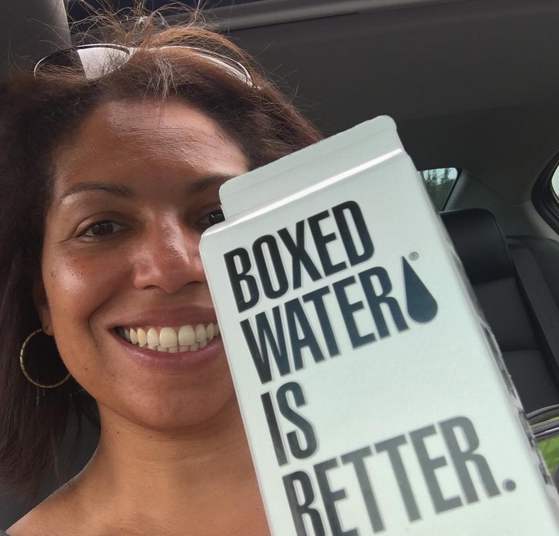
With such emphasis placed on the environmental value of rainforests, and growing awareness of the effects of deforestation, the call for sustainable raw materials has grown exponentially in the last decade.
In response to this, stores are demanding that factories match the increase, and thus, prices for the raw materials are dropping as more and more competition appears on the market.
This is also true for Fairtrade produce, with stores such as Marks and Spencer becoming pioneers in normalising the use of sustainable packaging, without a huge increase in price.
Recycled packaging materials have also seen an increase in sales, as many big name brands now not only use recyclable materials, but their packaging is made from recycled materials too. Not only does this help the environment, but it reduces the amount of general waste having to be disposed.
With local governing authorities and factories working together to ensure that sustainable materials are not only produced, but collected and recycled correctly, the packaging business has both cut costs, and improved their waste management.
Some brands or small businesses however, are still struggling to keep up with the added cost of providing sustainable materials but there is a solution.
The bare minimum a company can provide is the ‘no fuss’ packaging pioneered by Amazon. Doing as it says on the tin, the process just cuts out any unnecessary materials and keeps the packaging down to its slightest amount.
The materials used may not be sustainable or recyclable, but at least there’s not much of it.
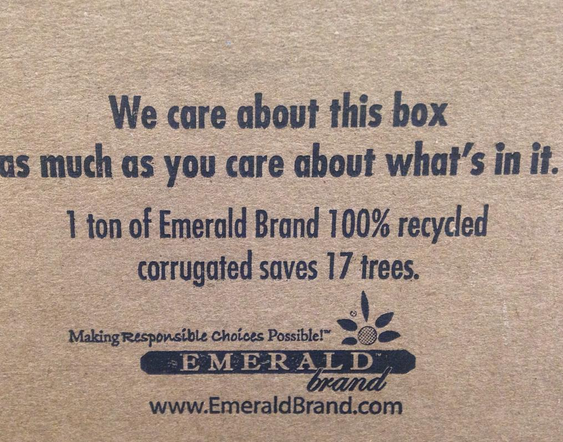
Credit @emeraldbrand
While the packaging world still has a long way to go until sustainable materials are fully integrated and able to maintain a low cost, there is no denying that the situation has seen improvement in the last decade.
Customer awareness has forced many brands and factories to improve their environmental impact, while stores have also had to knuckle down on their waste management.
Hopefully, techniques will continue to improve in order to fully optimise the raw and sustainable materials that are on offer to us. Until then, continued awareness is all that’s needed in order to force large corporations into action.
About us
We at Charlotte Packaging are food packaging suppliers that offer a fantastic variety of materials to promote your product. We offer sustainable materials that are fully recyclable, while also maintain the ability to advertise your product in an aesthetically appealing way.
